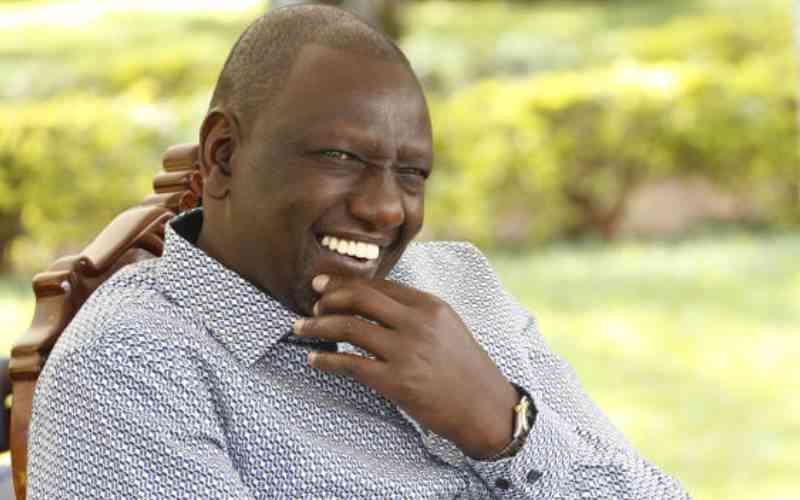×
The Standard e-Paper
Smart Minds Choose Us

An all-out offensive against the Judiciary has revealed President William Ruto's desire to have his way without much friction.
Over the last few days, he has cut the figure of a frustrated president, who may not find the concept of having his policies questioned enticing.